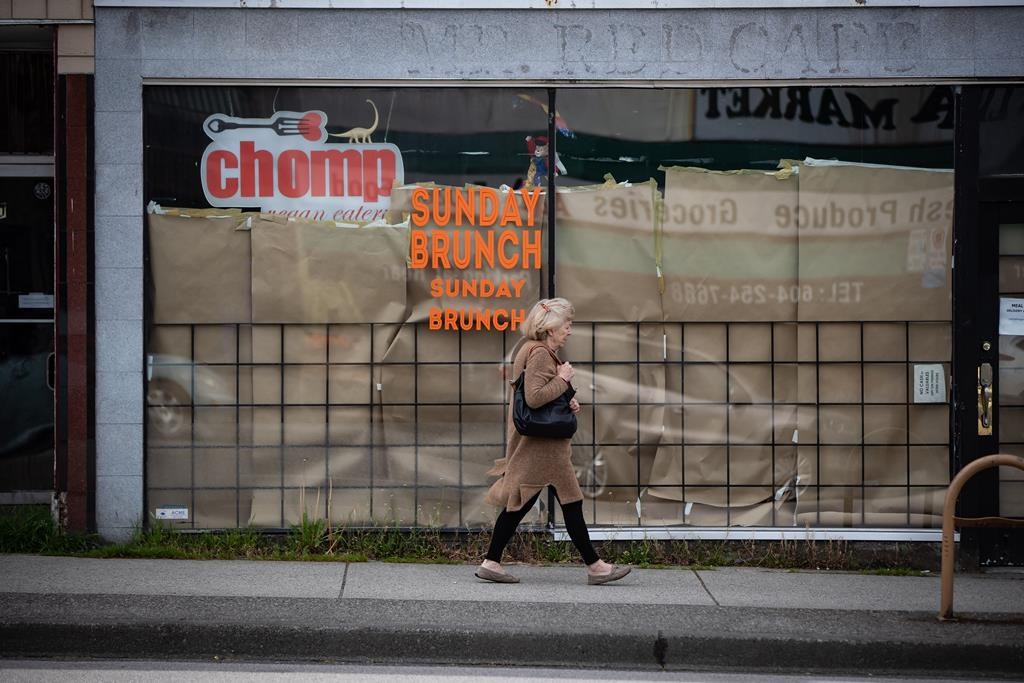
'In these uncertain times': The COVID-19 pandemic has changed the way we speak
by Mike LloydSummary
The COVID-19 pandemic has more than changed the way we live our lives – it has also affected the way we speak
Language can draw people together as they share an experience, linguist says
During isolation measures, puns and wordplay have also become a part of shared experiences
VANCOUVER (NEWS 1130) – Are you having a “quarantini” after work? Have you talked about “flattening the curve?”
The COVID-19 pandemic has more than changed the way we live our lives – it has also affected the way we speak.
“I’ve noticed that there are lots of new words coming in,” says Sheila Embleton, a linguistics professor at York University.
“There are coinages of various kinds, very often language play and puns, but also there are a lot of words and phrases that might have existed before but are being much more commonly used.”
Embleton points to terms like “second wave,” which are not new words, but have taken on more meaning in the global fight against the spread of the coronavirus. Then there are the more emotive words cropping up repeatedly in advertising and the media, such as “challenging,” “uncertain,” or “unprecedented.”
“We’re getting a lot of words like that and some of them may be hyperbole or exaggeration of one form or another. ‘Unprecedented’ isn’t something necessarily that everybody would even think is correct,” Embleton explains. “But we often do tend to speak in exaggeration when there’s a major event.”
Whether it is the pandemic or a shocking incident like the September 11 terrorist attacks in the U.S., language can draw people together as they share an experience.
“People feel involved even if they are not directly involved,” she says. “That can create a lot of new language and new phrases that are used, like ‘9/11’ for example. Many, many phrases came into the language at that time. Some survived and some didn’t.”
During isolation measures, puns and wordplay have also become a part of that shared experience.
“One that many people would know is ‘quarantini,’ for example, which is obviously a blend of quarantine and martini. That’s for the drinks you have during ‘locktail hour,’ while you are having cocktails during lockdown.”
Germans, who have a knack for coining clever words for very particular circumstances, have added a number of COVID-19-related terms to common vocabulary, including “coronaspeck,” which literally translates to “corona fat.”
It refers to the weight one puts on from stress-eating while in isolation at home, similar to the “COVID 19” in English – the 19 pounds of extra weight.
Embleton says some words will fade away — we likely won’t be talking about COVIDiots years from now – but others may stick around.
“We don’t know what they are yet necessarily, but if you think of some of the ones that came out of 9/11 – including the term ‘9/11’ as a reference to that particular event – you get things like ‘axis of evil’ and also ‘known unknowns’ or ‘unknown unknowns’ and all of that vocabulary and phraseology.”
Specialized terms have also entered the mainstream, invading our everyday speech.
“Things like PPE, for example. Now everybody knows that’s personal protective equipment. I wouldn’t have known that two months ago,” Embleton muses.